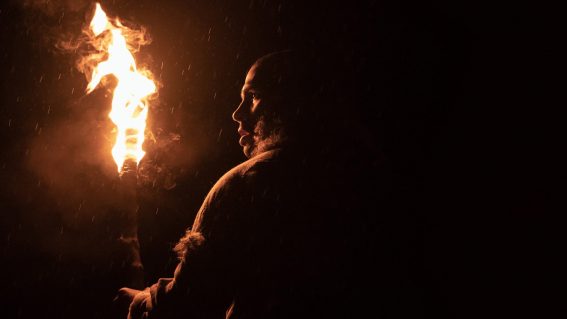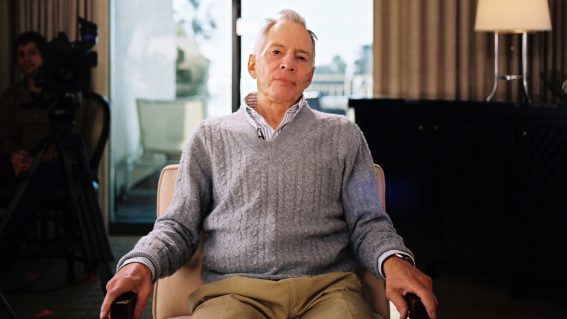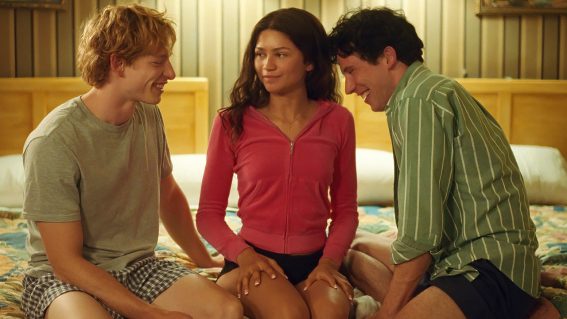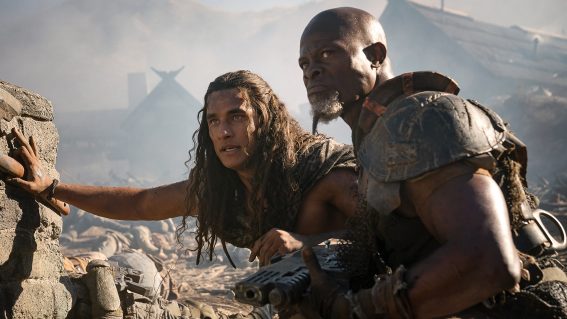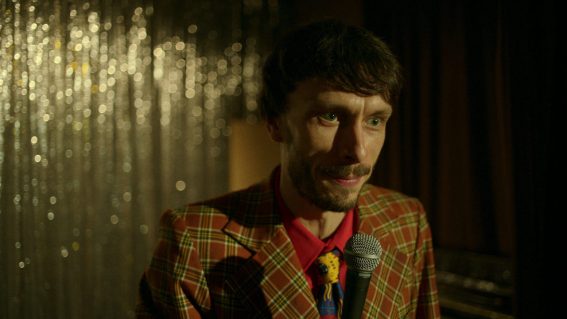Three Billboards Outside Ebbing, Missouri: a mean-spirited revenge drama that punches down
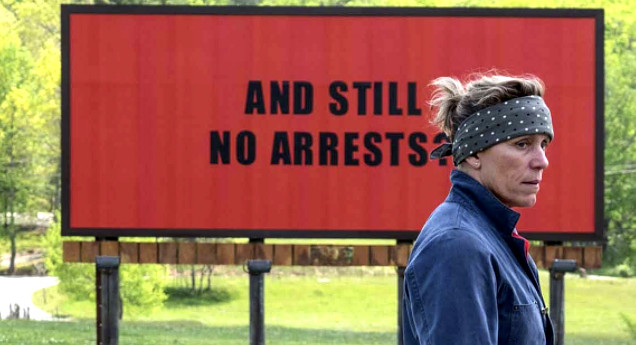

The fine Frances McDormand headlines Three Billboards Outside Ebbing, Missouri as Mildred Hayes, the mother of a murdered teenage girl who erects giant roadside signs declaring her daughter was “Raped while dying” and fingering local police for not finding the perpetrator. The buzz around the film suggests writer/director Martin McDonagh has constructed something smart, topical and politically progressive, exploring sexism and inert authorities entrenched in an odious system.
But any relationship to the zeitgeist is coincidental; the script was finished eight years ago. And the film, which mistakes anger for righteousness and handballs even the foulest of characters a goofy redemptive arc, is a flaky and mean-spirited quasi-revenge drama, acknowledging the need for grief only if it leads to blowing something up.
Mildred’s billboard messages are as meaningful as the angry slogans Guy Pearce tattooed onto his body in Memento, Christopher Nolan’s 2000 thriller about a bereaved man who can’t remember who he is supposed to kill. They are words of blind rage, from a broken soul incapable of applying logic or reason to the circumstances that destroyed them.
When the decent-hearted cop named on Mildred’s billboards, Sheriff Bill Willoughby (Woody Harrelson) attempts to calm the waters with her, explaining that the police have no leads and no avenues left to explore, the distressed mother suggests he procure blood samples from every male in the city over the age of eight. The Sheriff explains that a range of civil laws prevent this, but nevertheless poses a follow-up question: what if the killer were passing through? Then, Mildred says, the police should take a blood sample from every man in the country – making it clear she is not (and nor is she supposed to be) a calm voice of reason.
McDonagh’s screenplay finds various ways to reiterate this, from Mildred hurling Molotov cocktails at the cop shop to attacking her dentist with his own drill. If Three Billboards is an ode to the rage of a justice-seeking mother, and the steeliness of a jilted ex-wife (Mildred’s husband, played by John Hawkes, left her for a 19-year-old) it is told tongue-in-cheek, in a slightly condescending way – making it clear the protagonist is incapable of controlling her emotions.
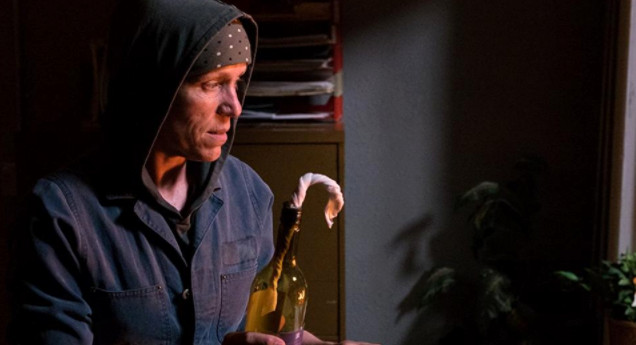
Mildred is such a full on, fire-eating yokel you wouldn’t blink if the film cut to her outside the police station holding a bazooka, like Carrie Fisher in The Blues Brothers. McDormand does her best to find subtleties not present in the script and is both cavalier and sympathetic; she saves the role from caricature. In other personalities the filmmaker also lurches to extremes, fanning them with moments of white hot drama, such as when Mildred’s son Robbie (Lucas Hedges) suddenly – and out of character – grabs a knife and holds it to the throat of his father. The people present quickly move on as if the moment never happened.
Three Billboards‘ cachet as a black comedy, with a brittle quality informed by McDonagh’s previous two films (In Bruges and Seven Psychopaths) affords the director elbow room to get weird and wacky. But the jokes can be cruel and unfunny, and punch down. In a supporting role, Peter Dinklage plays a character who is repeatedly called “midget” (hilarious!) and the actor is tasked with denigrating himself, announcing on a date he must “go to the little boys room.”
Then there is Officer Jason Dixon (Sam Rockwell), the dumb, racist, redneck, mummy-quoting cop with a bad haircut: a feral, bizarro Forrest Gump. References are made to Dixon torturing an African American man in custody in the recent past, as if his racism will be meaningfully explored (it isn’t, and there is a growing racial backlash against the film). Dixon’s one big mea culpa is delivered to a white man, an action so disproportionately awarded that the bad cop becomes, in effect, the hero of the film, rivaling Frances McDormand for screen time.
Those anticipating Three Billboards from a feminist perspective should find this difficult to stomach: the reigns not only handed over to a man, but to a violent racist who appeared irredeemable before a sudden moral U-turn. Dixon does, however, deliver one salient joke. Asked by Mildred whether he is still in the “n*gger-torturin’ business”, the police officer corrects and tut-tuts her, explaining with complete earnestness that it’s “people of colour-torturin’ business now.”
The joke is tart but pertinent, because it’s about language: a reminder that words are important, and the meaning behind them (which Dixon does not understand) more so. The same applies to screenplays. The writing of Three Billboards feels, like the text on Mildred’s huge signs, like blind or least unfocused rage. The film is less progressive than utterly anarchic, with a burn-down-the-house outlook that is barely, if at all, about fighting for justice or battling the tyranny of the system.
Find times & tickets for ‘Three Billboards Outside Ebbing, Missouri’




